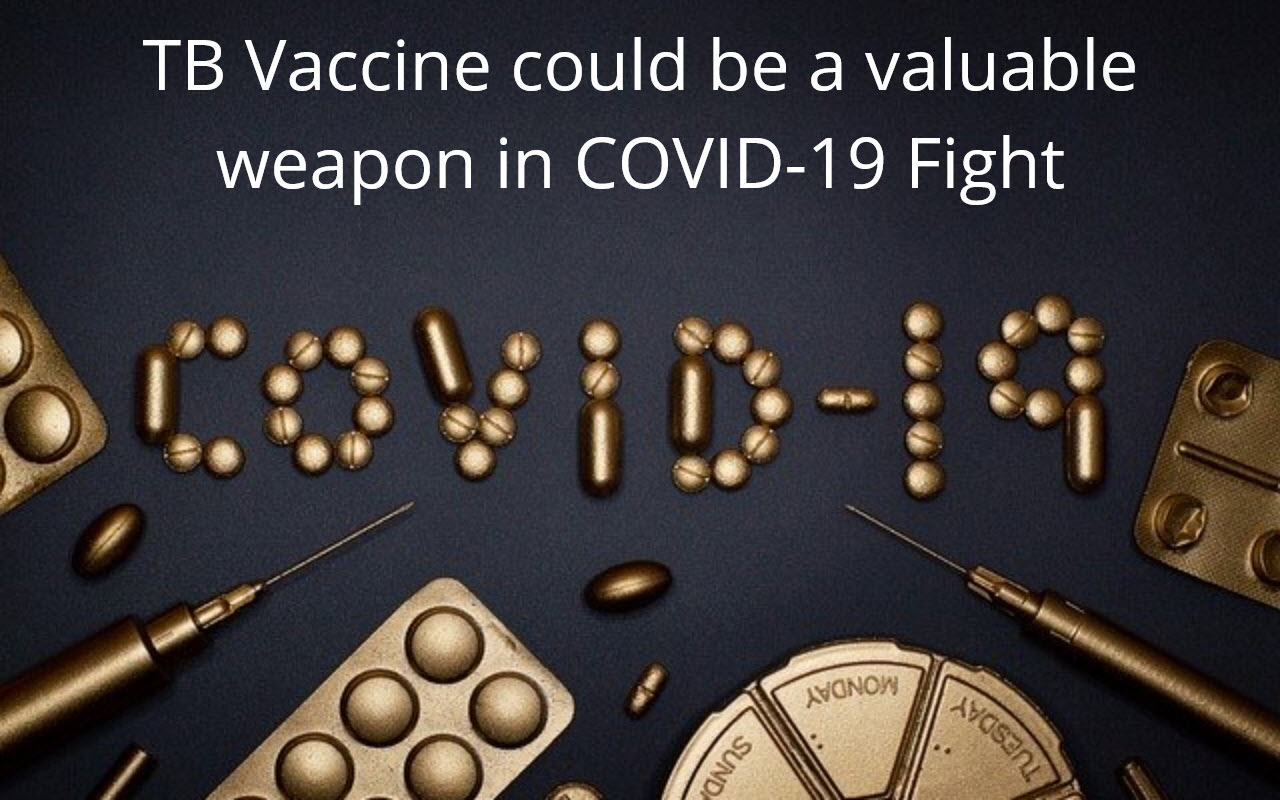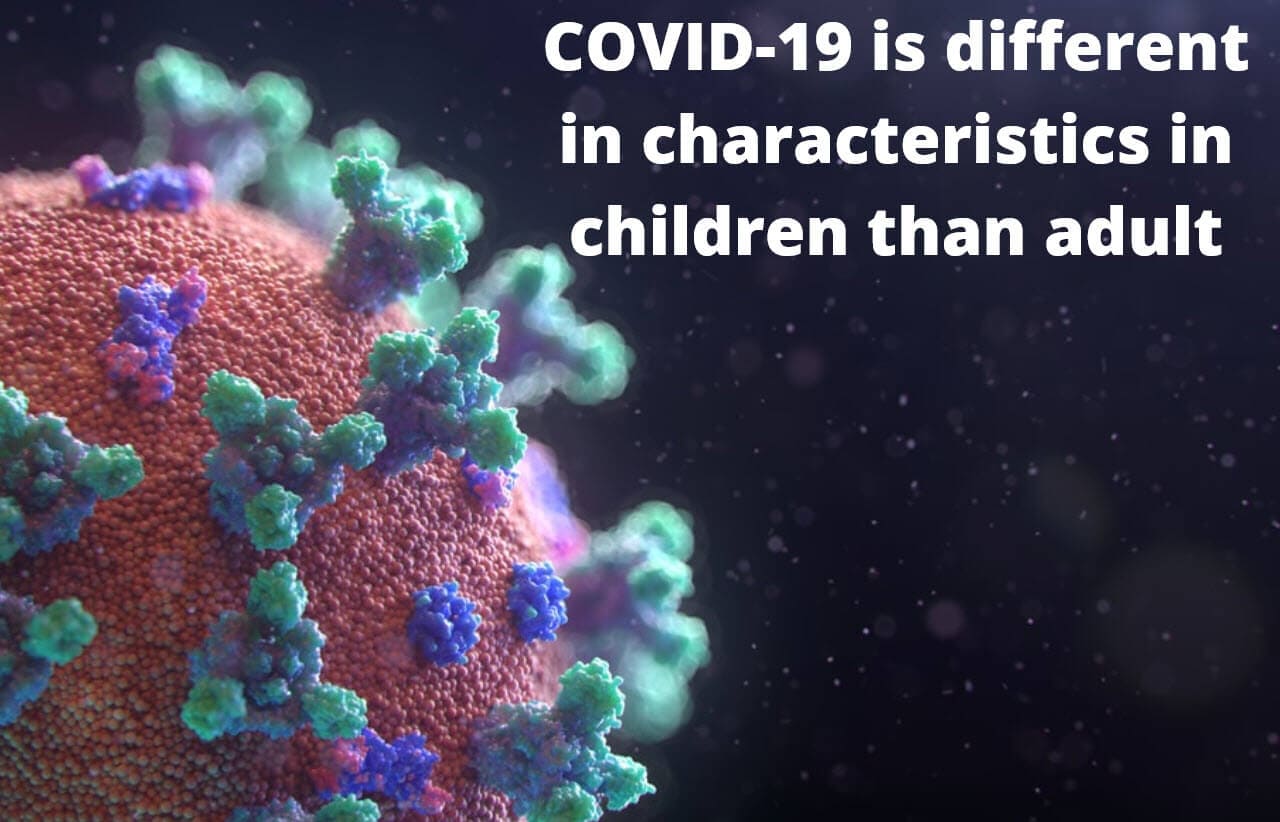An international collaboration of virologists at the University of Wisconsin–Madison and the vaccine companies FluGen and Bharat Biotech has begun the development and testing of a unique vaccine against COVID-19 called CoroFlu.
An international collaboration of virologists at the University of Wisconsin–Madison and the vaccine companies FluGen and Bharat Biotech has begun the development and testing of a unique vaccine against COVID-19 called CoroFlu.

The tuberculosis (TB) vaccine, Bacillus Calmette-Guerin (BCG), could be a potential weapon in combatting the deadly coronavirus according to findings published by NYIT College of Osteopathic Medicine (NYITCOM) researchers, led by Gonzalo Otazu, Ph.D., assistant professor of biomedical sciences.

Indian Researcher from University of Hyderabad has developed potential vaccine candidate for COVID-19 (novel corona virus). The potential vaccine candidate is active against all the structural and non-structural proteins of COVID-19.

The COVID-19 pandemic is throwing up unique challenges for health systems. It presents particular challenges for patients who receive regular haemodialysis. These patients with damaged kidneys, also known as uremic patients, are particularly vulnerable to infection and may exhibit greater variations in clinical symptoms and infectivity.

Scientists from France conducted a small clinical trials and reported that hydroxychloroquine, an antimalarial medicine, treatment is significantly associated with viral load reduction or disappearance in COVID-19 patients and they also reported that azithromycin along with hydroxychloroquine can faster the recovery.

In the early days of a COVID‐19 infection outbreak, pediatric patients were rather rare, who were thought to be not susceptible to it. However, along with the emerging of familial aggregation, children suffered from COVID‐19 infection were gradually appeared. It is reported by researchers that Clinical and CT (computed tomography) features in pediatric patients with COVID‐19 infection are different than adults. The study was conducted by Dr. Jianbo Shao, MD, Department of Imaging Center, Wuhan Children's Hospital and team. And it is published in Pediatric Pulmonology on 5th March, 2020.
Transfusion of red blood cells (RBCs) is a life-saving treatment for numerous conditions such as severe anaemia, injury-related trauma, supportive care in cardiovascular surgery, transplant surgery, pregnancy-related complications, solid malignancies and blood-related cancers.
A new therapy for tongue cancer could be in the offing, with a team of scientists at the Department of Biotechnology’s Hyderabad-based Centre for DNA Fingerprinting and Diagnostics coming out with a new insight into the mechanism by which an anti-cancer protein helps in the development of cancer when it mutates.
A Phase 1 clinical trial evaluating an investigational vaccine designed to protect against coronavirus disease 2019 (COVID-19) has begun at Kaiser Permanente Washington Health Research Institute (KPWHRI) in Seattle. The National Institute of Allergy and Infectious Diseases (NIAID), part of the National Institutes of Health, is funding the trial. KPWHRI is part of NIAID’s Infectious Diseases Clinical Research Consortium. The open-label trial will enroll 45 healthy adult volunteers ages 18 to 55 years over approximately 6 weeks.
Pancreatic cancer is predicted to become the second leading cause of cancer-related deaths by 2030. However, recent developments in staging and treatment provide options to improve the long-term survival rate for an otherwise devastating diagnosis.